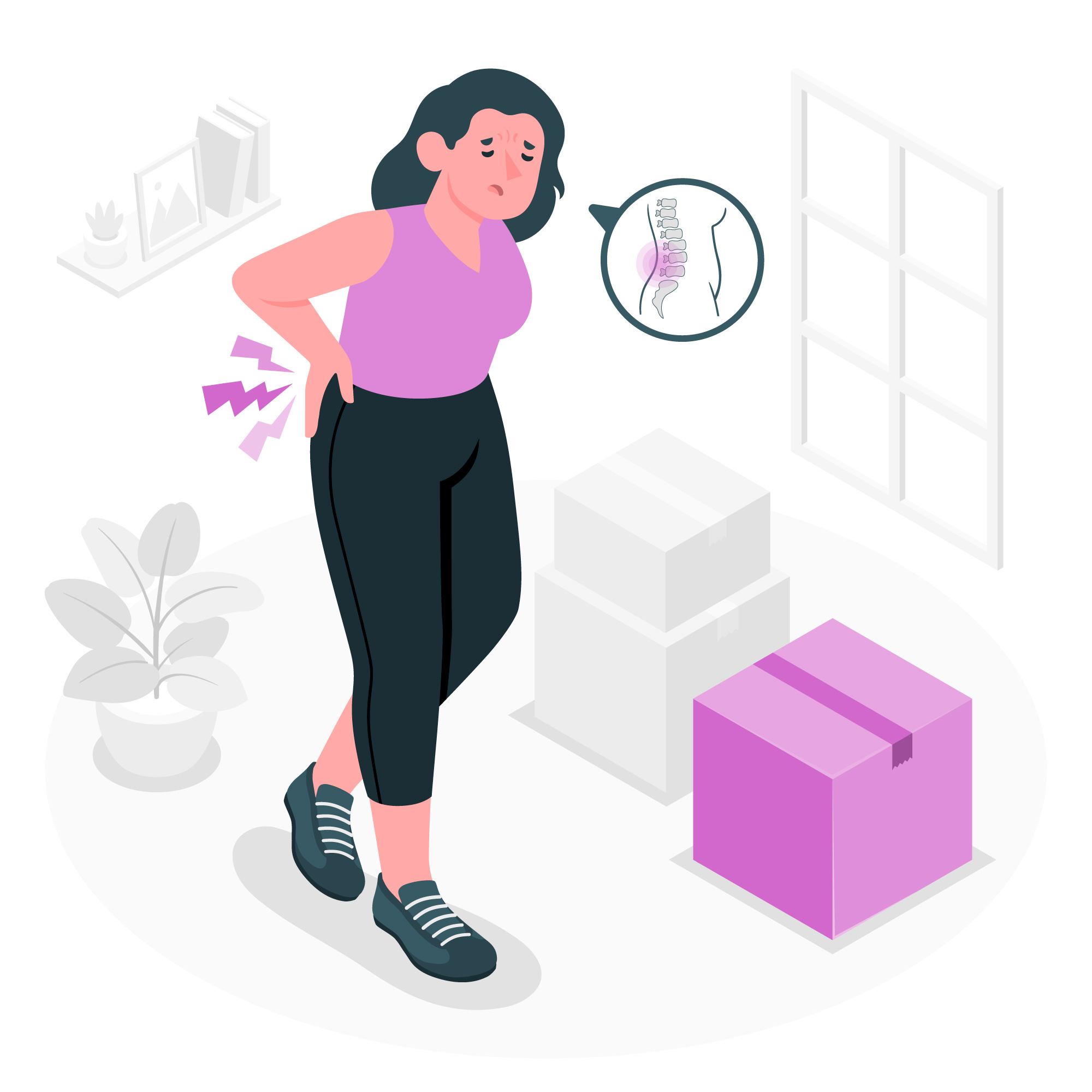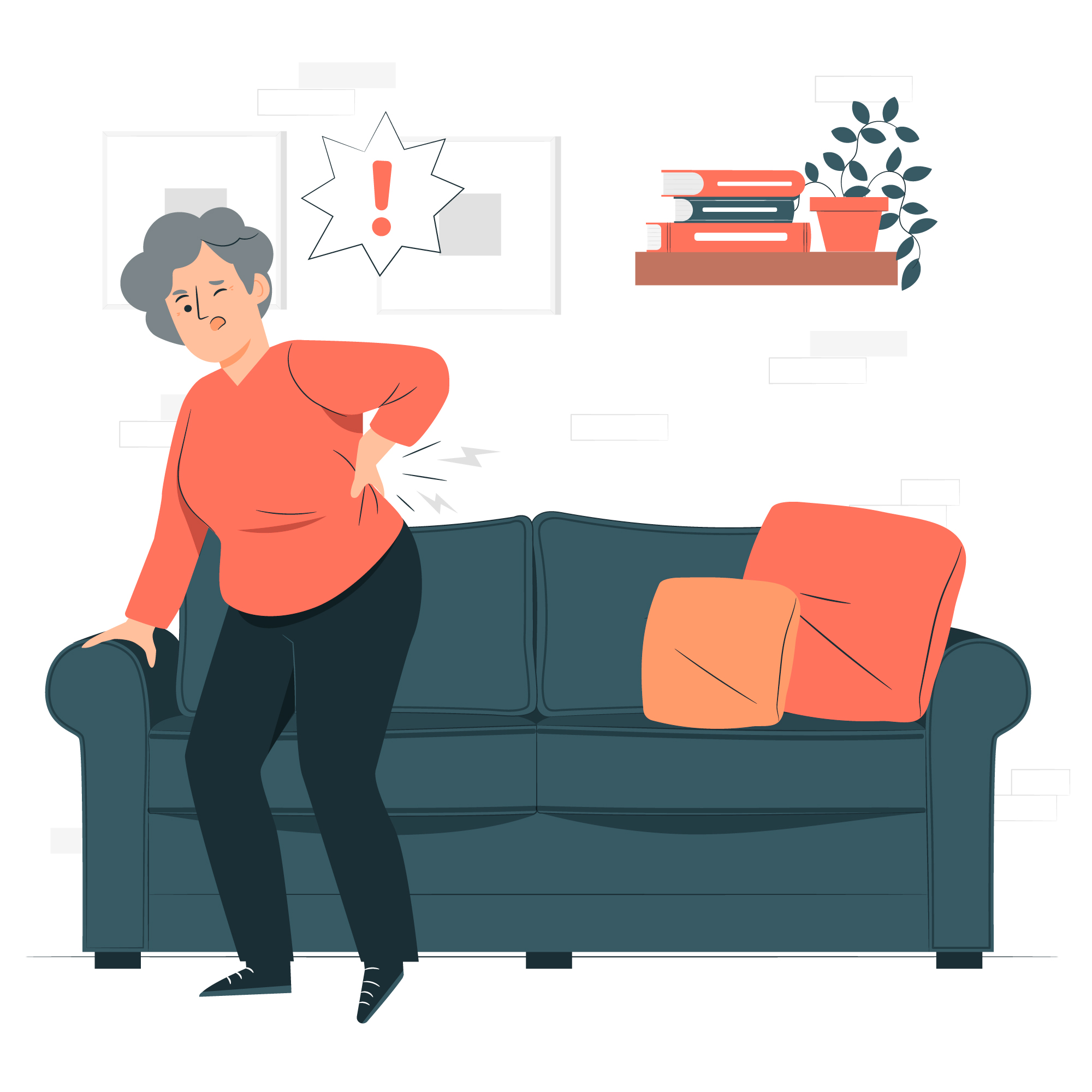Insight Pain Management – With parties to attend, family gatherings, shopping for gifts, and lot’s of cooking and baking, the holidays are a joyous time. But they can also be stressful, especially if you are living with chronic pain. To help keep your pain levels low and your spirits high this season, the team at Insight Pain Management has shared five simple steps you can do to keep chronic pain from disrupting your holiday plans.
Keep Stress Under Control
Keeping stress under control is easier said than done. However, high levels of stress and anxiety are one of the leading triggers of chronic pain and can easily snowball into further complications like depression and heart attacks. If the expectations and demands of the season are leading to higher than normal stress levels and discomfort, practice relaxation techniques like breathing exercises, get enough rest, and take care of your mental health by speaking to trusted friends and family or seeing a mental health professional.

Share the Load
During the holidays, we often put too much pressure on ourselves to make the season perfect. This is especially true if you are a parent or are hosting guests. This year, be honest with your loved ones about how you are feeling and ask them to share in the workload. Whether it’s delegating tasks for decorating the tree and preparing the house for guests or asking your guests to bring a dish to share if you are having a meal, communication is key for a pain-free holiday. You will also likely find that people are more than willing to be accommodating and help wherever they can.

Take Care of Yourself
It’s normal to put other people’s needs before your own during the holidays, but you also need to prioritize your physical and emotional health. Set aside enough time each day to take care of yourself. This includes getting enough rest (lack of sleep can trigger chronic inflammation and pain), making time for breaks throughout the day, taking your medications as directed, prioritizing mental health, and eating well.
Be Mindful of Your Diet
Speaking of eating well, your diet plays a direct role in how you are feeling. We all tend to overeat during the holidays, but this can be detrimental when it comes to managing chronic pain. Seasonal foods also tend to be high in sodium and sugar, which leads to inflammation and discomfort. Extra weight gain also puts added pressure on your joints and spine, working against any of your other pain management techniques. It’s fine to indulge on occasion, but make an effort to eat balanced meals with fruits, vegetables, whole grains, and lean proteins whenever possible.
Travel Strategically
Travel is stressful – even when you are not in pain. Whether you are traveling by car or flying this season, there are a number of things you can do to stay comfortable and make the most of your trip. For car rides, taking turns driving, stopping periodically for stretching and snacks, and dressing comfortably can all keep pain at bay. If you are flying, minimize walking by booking a nonstop flight, bring essentials such as neck pillows or medications with you to manage pain, and invest in a rolling suitcase that is easy to maneuver to avoid heavy lifting.

If you live with chronic pain, you know how challenging it can be to keep symptoms in check and get through each day. With the added pressures and responsibilities of the holidays, it can be even more daunting. Fortunately, from planning ahead to prioritizing your health, there are a number of ways to keep pain under control during one of the busiest times of the year. If you have questions about our services at Insight Pain Management, including minimally invasive options for pain relief, contact us today to schedule an appointment.
FAQ
Q: What is the difference between acute and chronic pain?
A: Acute and chronic pain are two different types of pain characterized by distinct causes and recovery periods. Acute pain is short-term pain caused by specific injuries or medical conditions, such as a broken bone. This type of pain is generally treated with medications and other interventions (e.g. physical therapy) that targets the underlying issue. Chronic pain is long-lasting, more complex, and requires a comprehensive, long-term approach.
Q: Is it possible to recover from chronic pain without surgery?
A: Yes. There are many non-surgical alternatives to treat and manage chronic pain. Many patients have excellent results with a combination of medications, physical and occupational therapy, non-invasive procedures (e.g. injections), chiropractic care, and lifestyle modifications.
Q: When should I consider seeing a specialist for chronic pain?
A: If you are experiencing persistent pain that lasts longer than three-six months, have been diagnosed with a specialized pain condition, are experiencing functional limitations, or are not getting results with conservative treatments, it may be time to seek help from a pain management specialist.

